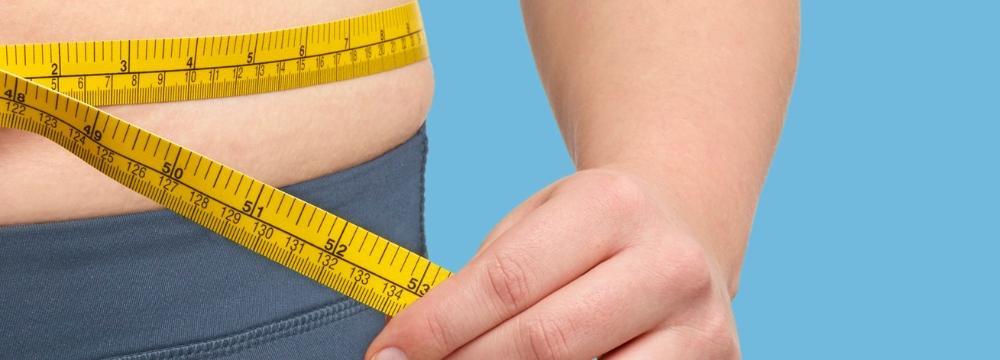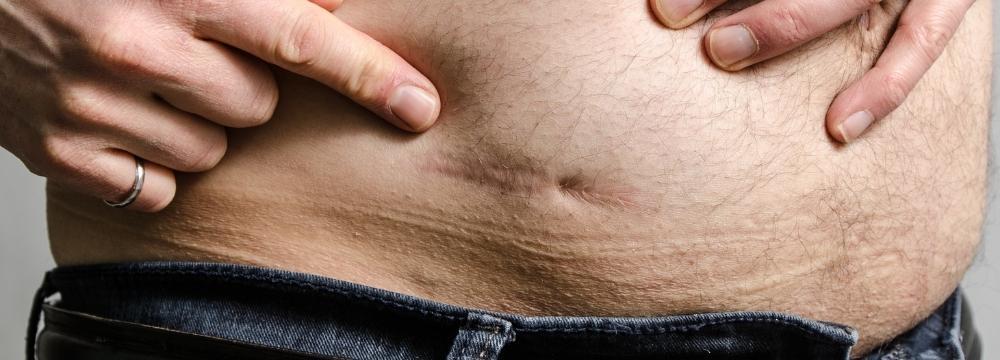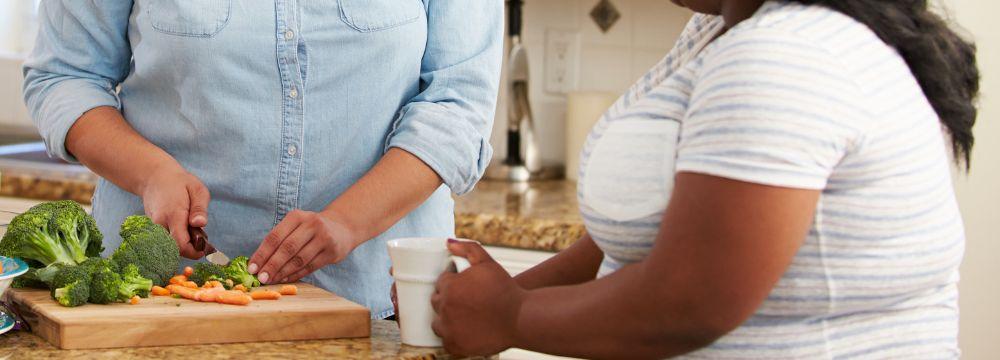General thinking on coronavirus has shifted from prevention to mitigation of disease spread. Virtually every country in the world and every state in the US will be affected to some degree. This is no surprise as the world has become smaller and global travel and commerce is easier than ever before.
While we have all heard and should follow CDC recommendations about washing hands, not touching our face and selectively self-quarantining and calling appropriate medical professionals if we believe we may have been infected, there are some additional tips that we, as metabolic surgical experts can offer to further reduce risk, both in bariatric and non-bariatric patient populations.
Diabetes Increases Risk
First is effectively managing diabetes. There is evidence showing that risks and complications due to the flu are increased significantly in those with diabetes. This is not entirely surprising from what we know about diabetes, the silent killer. However, research shows that the immune system can be compromised especially in those with uncontrolled or poorly controlled diabetes. Infections such as pneumonia and even sepsis can take hold as a result of any viral infection, mild or severe. Importantly, even those with well managed diabetes have a somewhat higher risk. While it is too early to tell if this will occur in novel coronavirus patients, we should not ignore the possibility. Anything that compromises the immune system needs to be addressed and chronic diseases like diabetes should not be ignored. Most importantly, with the US population suffering from diabetes in greater numbers and earlier ages than ever before, we do not know how this will affect our ability to respond to a disease such as COVID-19.
So how do we get our diabetes under control?
While bariatric surgery is the best long-term solution for diabetes remission in obese patients, it is not viable as an immediate option. Rather, it is important that we stabilize our blood sugar by ensuring we are taking our medication or insulin as prescribed. This should be combined with a renewed effort to improve diet and exercise habits, which can assist in reducing blood sugar levels. Eliminating highly processed, high fat, high sugar foods and empty carbs from the diet can go a long way to make this happen.
Obese patients can also start their exercise routine by walking half an hour or swimming daily – both of which are low impact exercises that improve metabolic health. Even if it is just some additional vigorous movement around the house in the form of housework, any activity is helpful.
Patients may even consider starting the process toward bariatric surgery with our Telehealth consultations.
What else can we do?
We encourage our patients to learn more about their general health and their risk of contracting this or any viral infection. So, if you have an upcoming appointment to visit your primary care physician consider asking for a full blood panel including vitamin levels. Some, like vitamin D3, are believed to strengthen the immune system and most Americans are chronically deficient in that very vitamin. We wouldn’t generally recommend visiting your primary care physician simply to figure out your risk as healthcare resources may become strained due to current circumstances, but you can book a telehealth appointment to learn more.
The bottom line is that healthier, fitter individuals are better able to fight off infections such as the coronavirus and the flu, all other things being equal. Now is a great time to jump start your path towards a healthier life. For now, lifestyle change is the quickest way to make a difference, however if you are suffering from obesity, you might want to take this opportunity to improve your long-term health prospects by considering bariatric surgery and watch our online seminar.









